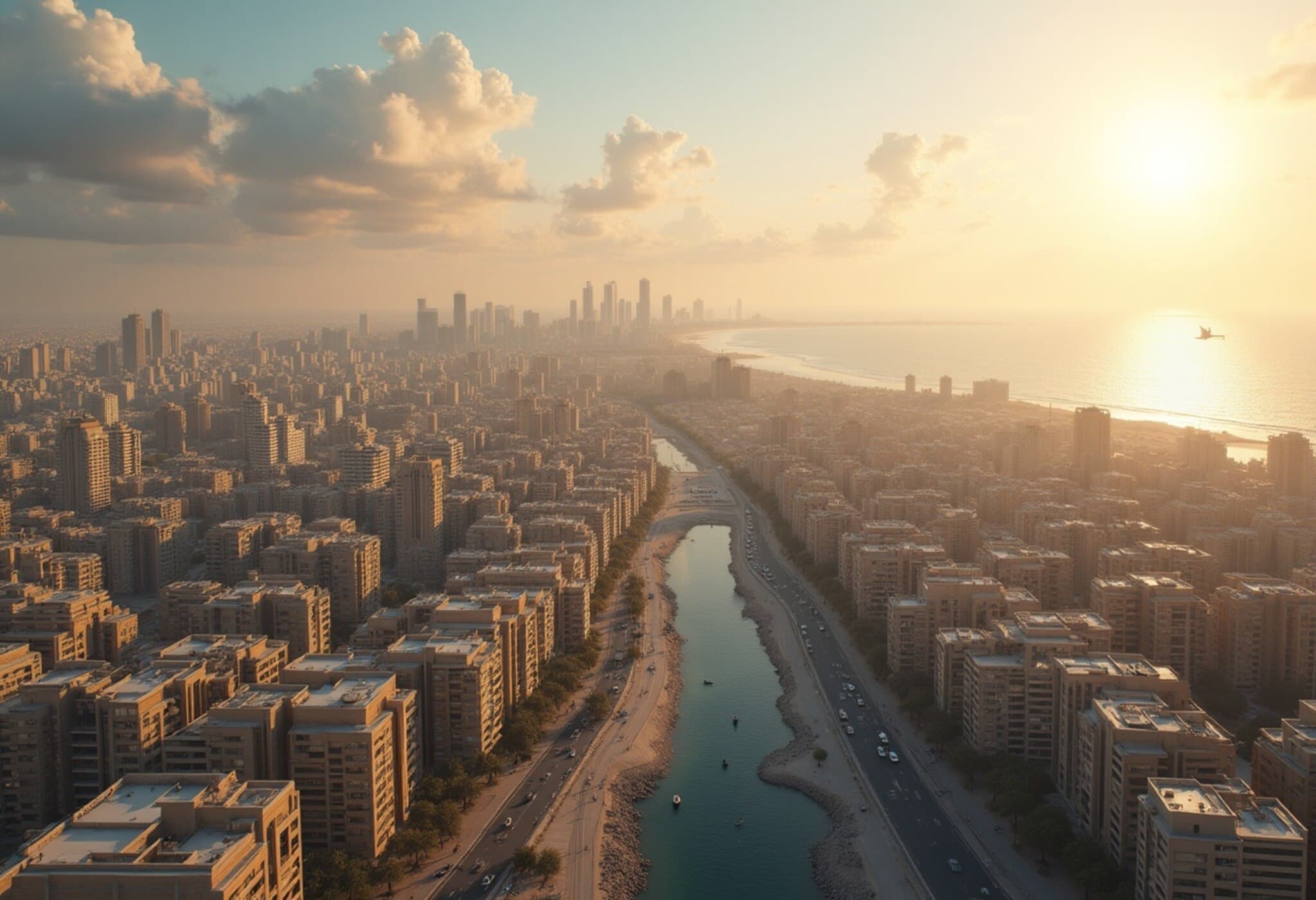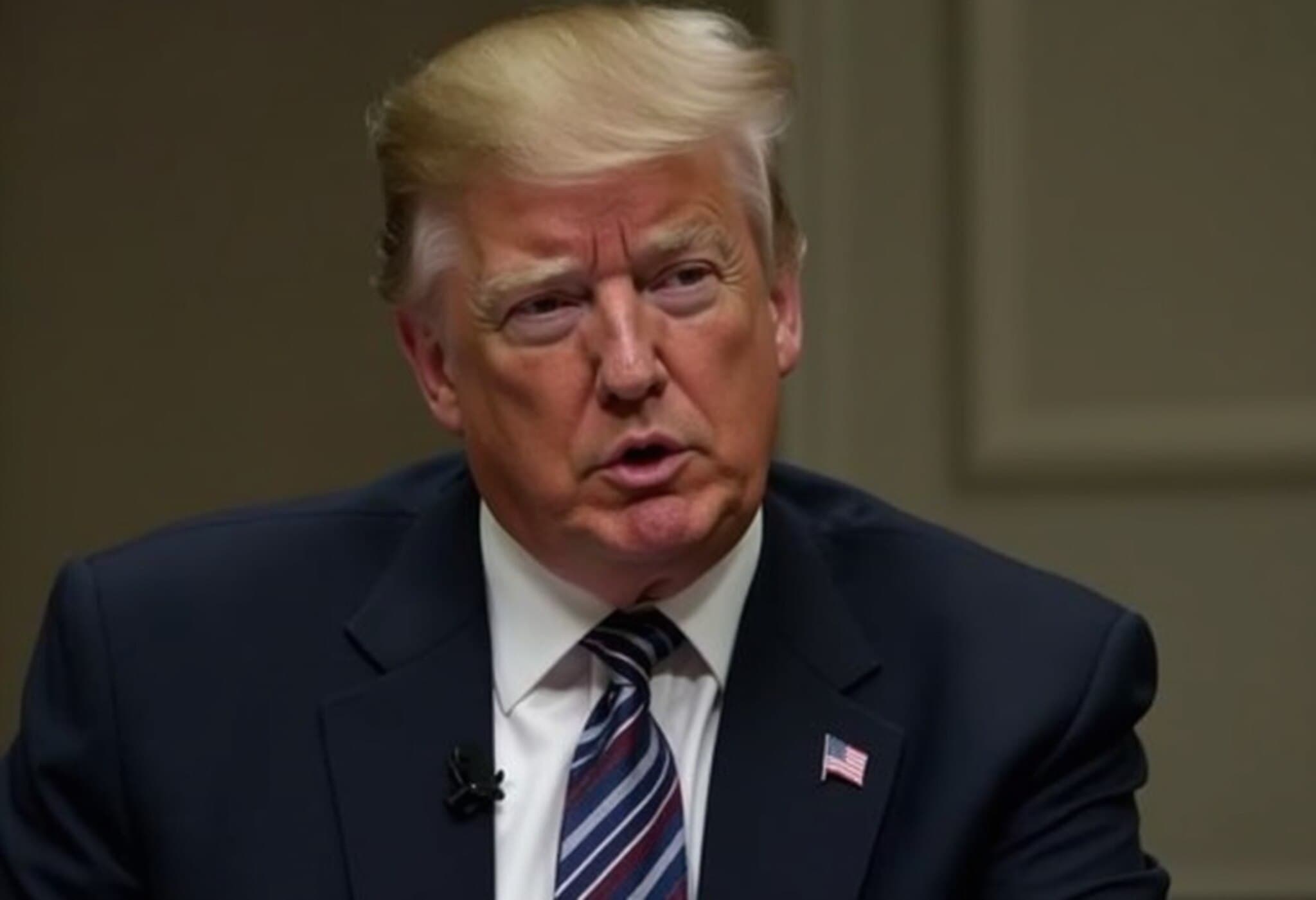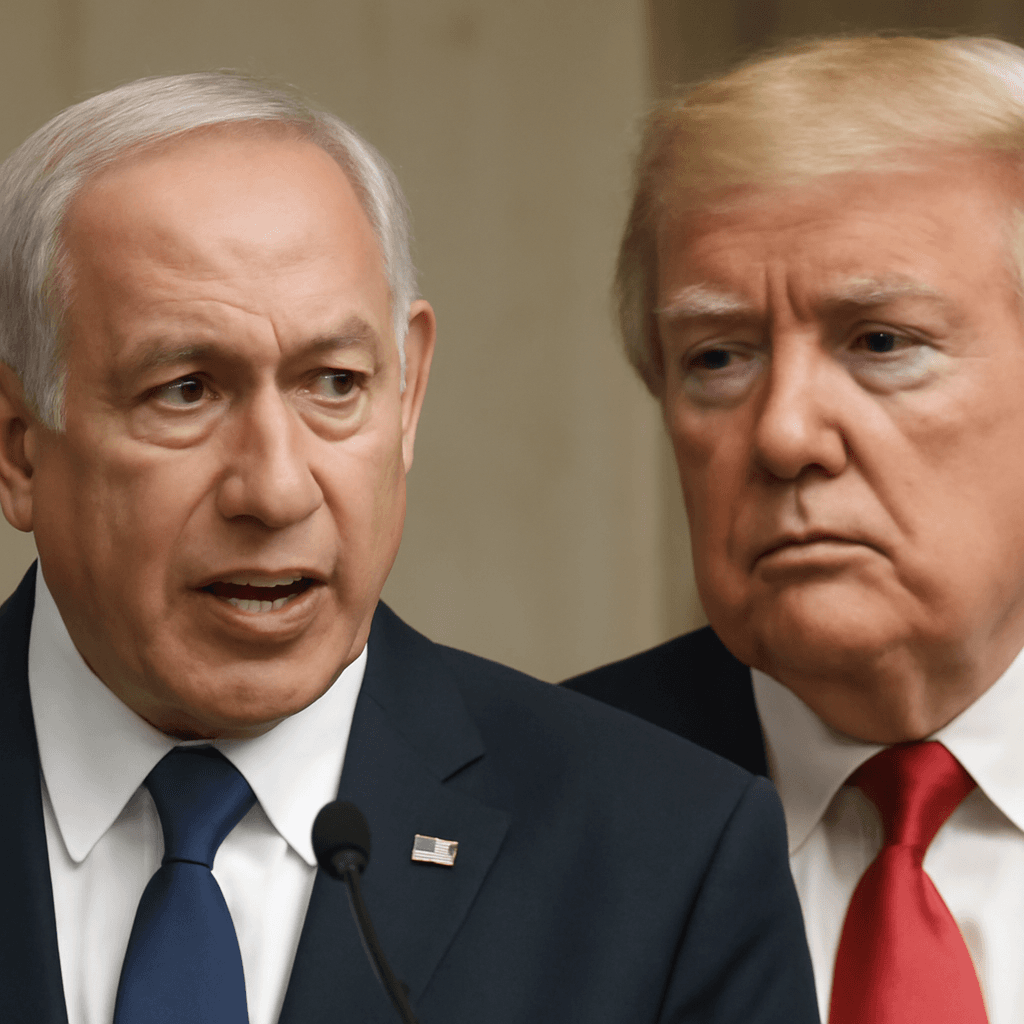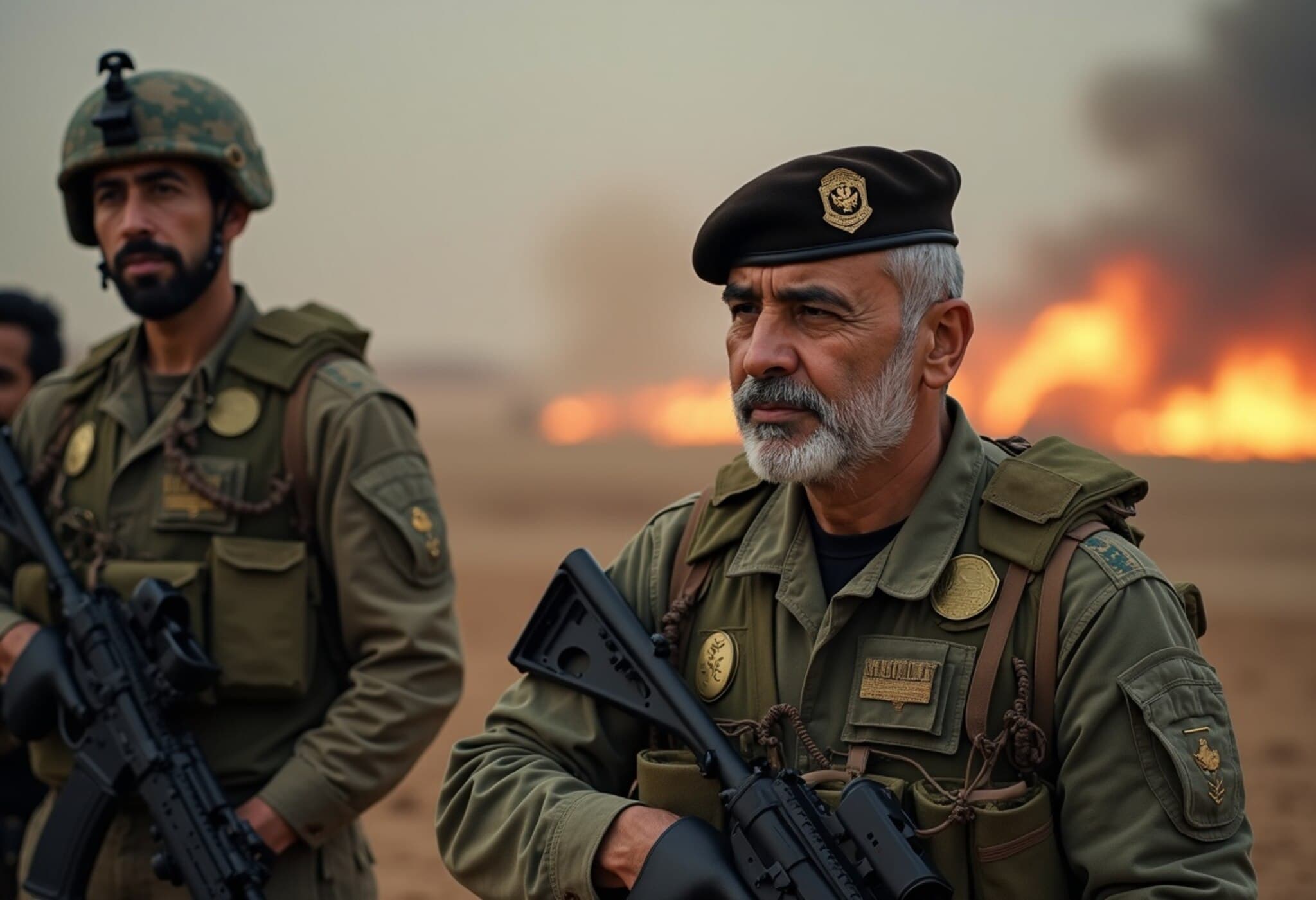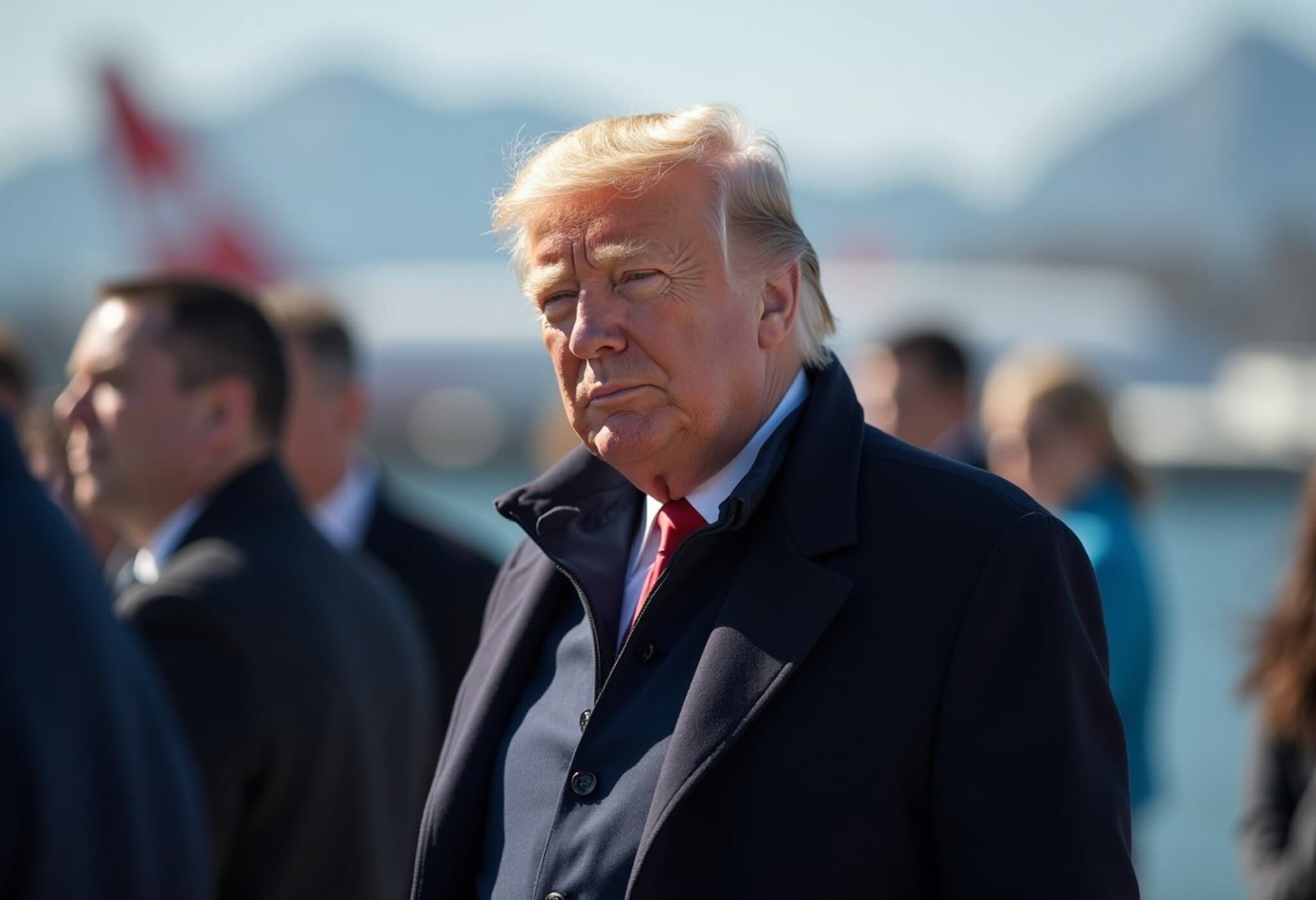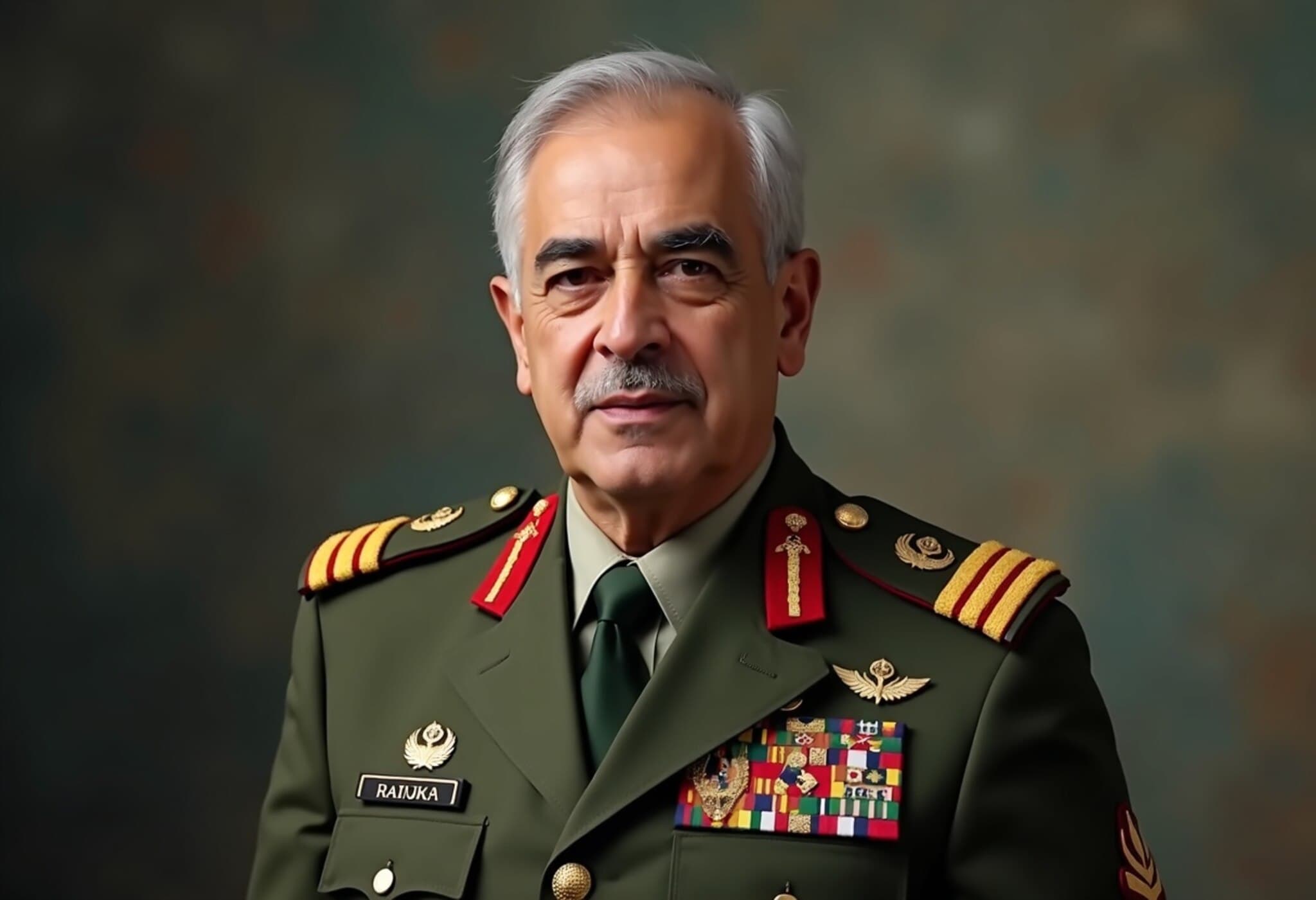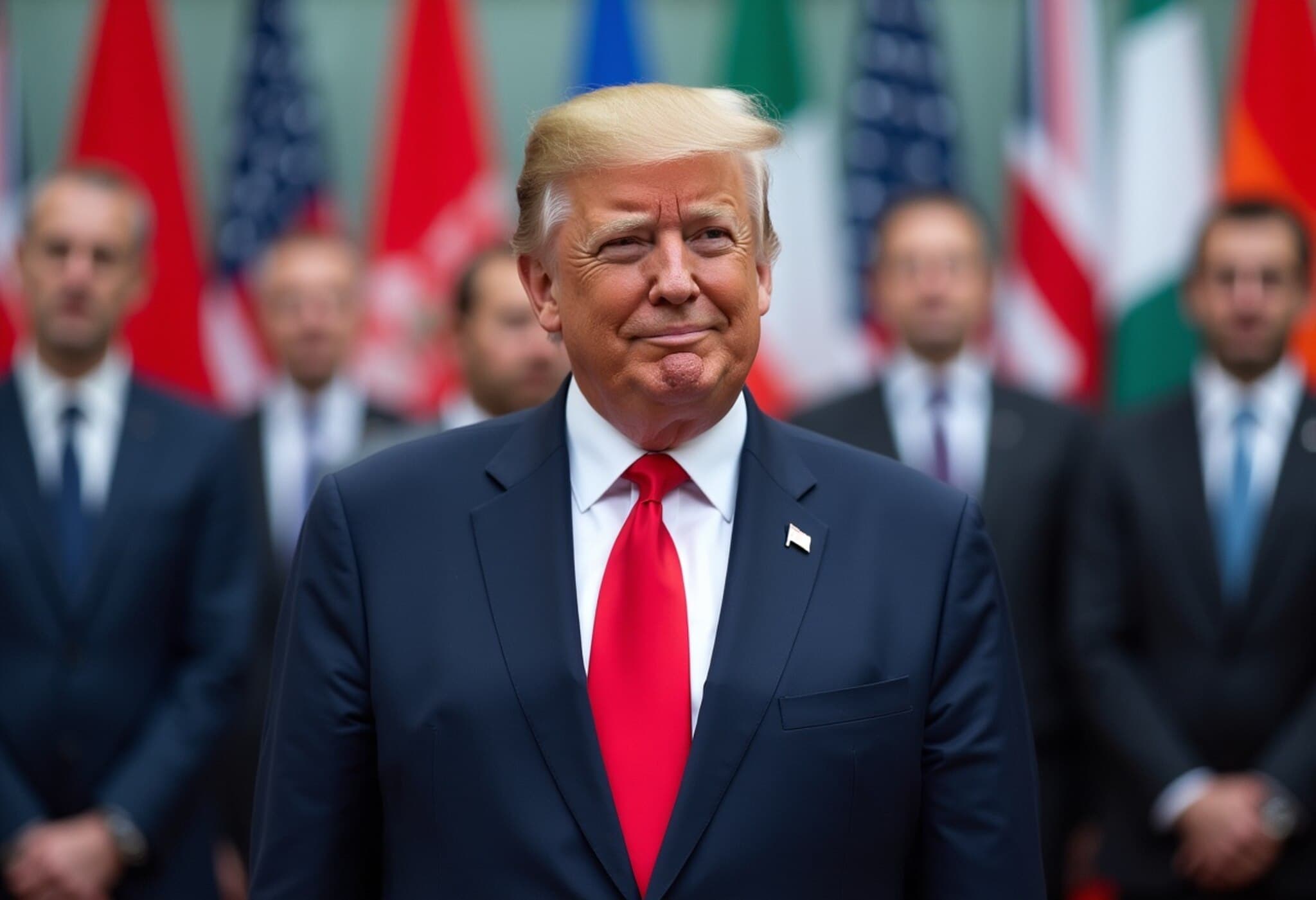Inside the Controversy: Tony Blair Institute and the 'Trump Riviera' Vision for Gaza
Recent revelations have brought to light the involvement of former British Prime Minister Tony Blair’s think tank, the Tony Blair Institute (TBI), in shaping a contentious post-conflict redevelopment plan for Gaza. This initiative, evocatively dubbed the "Trump Riviera," envisioned transforming the long-suffering Gaza Strip into a futuristic hub reminiscent of Dubai's skyline, combining luxury, innovation, and economic zones.
The Vision: From War-Torn Gaza to a Glittering Waterfront
The 'Trump Riviera' concept gained notoriety earlier in 2025 when former U.S. President Donald Trump shared a provocative vision video showcasing towering skyscrapers, lavish entertainment, and even golden statues, offering a stark contrast to the devastated reality of Gaza after ongoing conflict. The plan included ambitious urban designs such as artificial islands, advanced manufacturing hubs reportedly named after Elon Musk, and embraced disruptive economic ideas including cryptocurrency-driven trade and special low-tax economic zones.
The premise underpinning these strategies rests on treating Gaza’s reconstruction as a rare "once-in-a-century opportunity" to rebuild from the ground up — aiming for a secure, modern, and prosperous society.
TBI's Role and Internal Dynamics
Sources reveal that the TBI contributed input into parts of the Boston Consulting Group's (BCG) "Great Trust" project—a comprehensive economic redevelopment blueprint for Gaza. However, the institute's spokesperson clarified that TBI staff participation was limited to evaluations and informal consultations rather than authorship or formal endorsement of final plans.
- TBI staff engaged in discussions through a 12-person messaging group, reviewing budget considerations and messaging strategies.
- An internal TBI document explored a variety of post-war Gaza proposals but was neither authored for nor provided to BCG.
- The TBI emphasized that engaging with multiple stakeholders on Gaza’s future does not equate to supporting specific redevelopment blueprints.
Ethical and Political Fallout
The post-war plan sparked backlash due to its inclusion of controversial ideas, notably a suggestion in the BCG project to offer half a million Palestinians financial incentives to leave Gaza. This has raised ethical questions about forced displacement and the international community’s role in addressing humanitarian crises.
Moreover, the involvement of BCG, a global consulting giant, compounded tensions, given their concurrent work establishing a new aid distribution mechanism supported by both the Israeli and U.S. governments. Following criticism, BCG publicly distanced itself from the contentious redevelopment concept.
Contextualizing the Gaza Challenge
Since the October 7, 2023 terrorist attacks, Gaza has been engulfed in a protracted conflict, resulting in tens of thousands of casualties and widespread destruction. The human cost underscores the sensitivity and complexity surrounding any reconstruction effort.
Experts in international law and Middle East policy urge caution, emphasizing that post-conflict redevelopment must prioritize human rights, respect for displaced populations, and equitable governance — not merely economic modernization or spectacle.
What Lies Ahead?
The unfolding debate around Gaza’s future underscores a fundamental tension: How can stakeholders balance visionary urban renewal with the urgent need for justice, security, and inclusion for Gaza’s residents? Are ambitious plans like the "Trump Riviera" informed by the lived realities of Palestinians, or do they risk becoming top-down schemes disconnected from grassroots needs?
As reconstruction discussions continue, transparency and inclusive participation will be critical. The roles of political figures, think tanks like the TBI, and multinational consultancies must be carefully scrutinized to ensure that rebuilding Gaza honors both development and dignity.
Expert Commentary:
Dr. Leila Mansour, an expert on Middle East reconstruction, notes: "Post-war rebuilding in Gaza is more than bricks and mortar; it’s a test of international resolve to pursue peace through empowerment, not displacement. Concepts like the 'Trump Riviera' may sound futuristic, but we must ask: futuristic for whom?"
Editor’s Note
The involvement of high-profile actors like Tony Blair’s think tank in Gaza’s redevelopment plans signals the international stakes in the region’s future. Yet, this episode serves as a reminder that visionary urban projects must avoid overlooking the immediate human tragedies and complex political realities on the ground. As global audiences follow Gaza’s unfolding story, critical questions remain: Who defines what Gaza’s future should look like? And how can redevelopment efforts genuinely serve the people most affected by decades of conflict?

